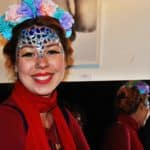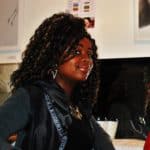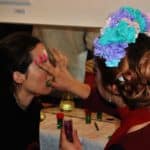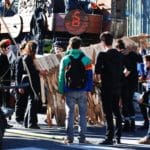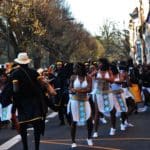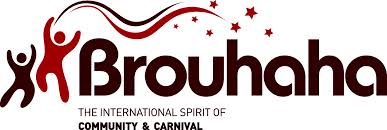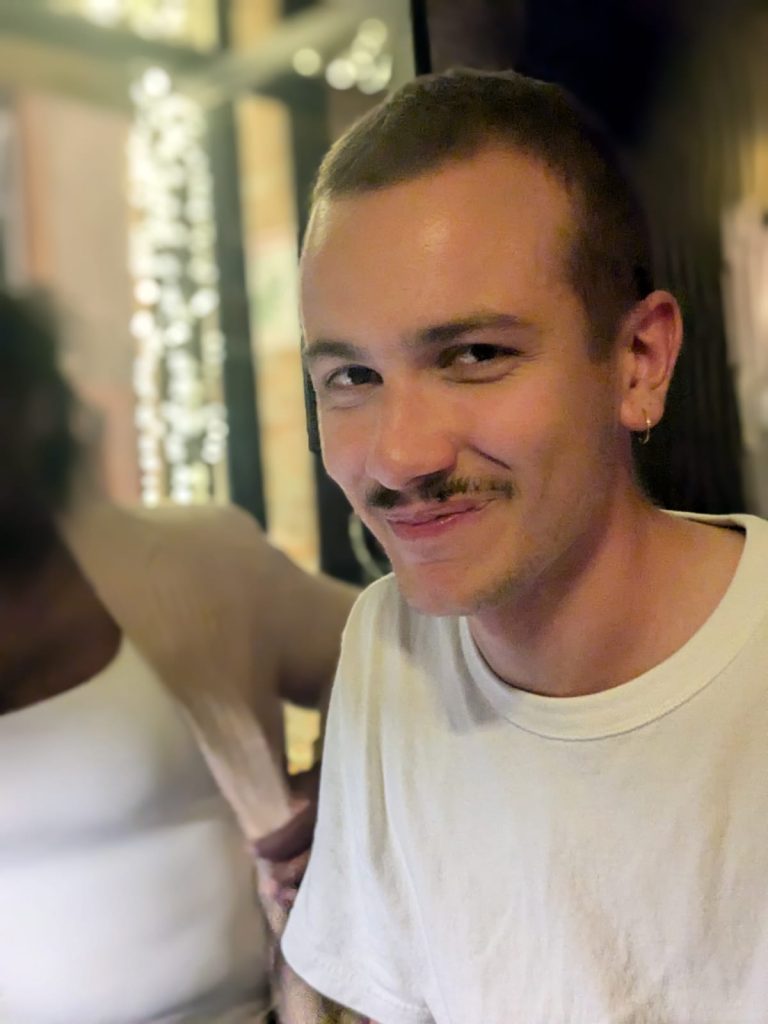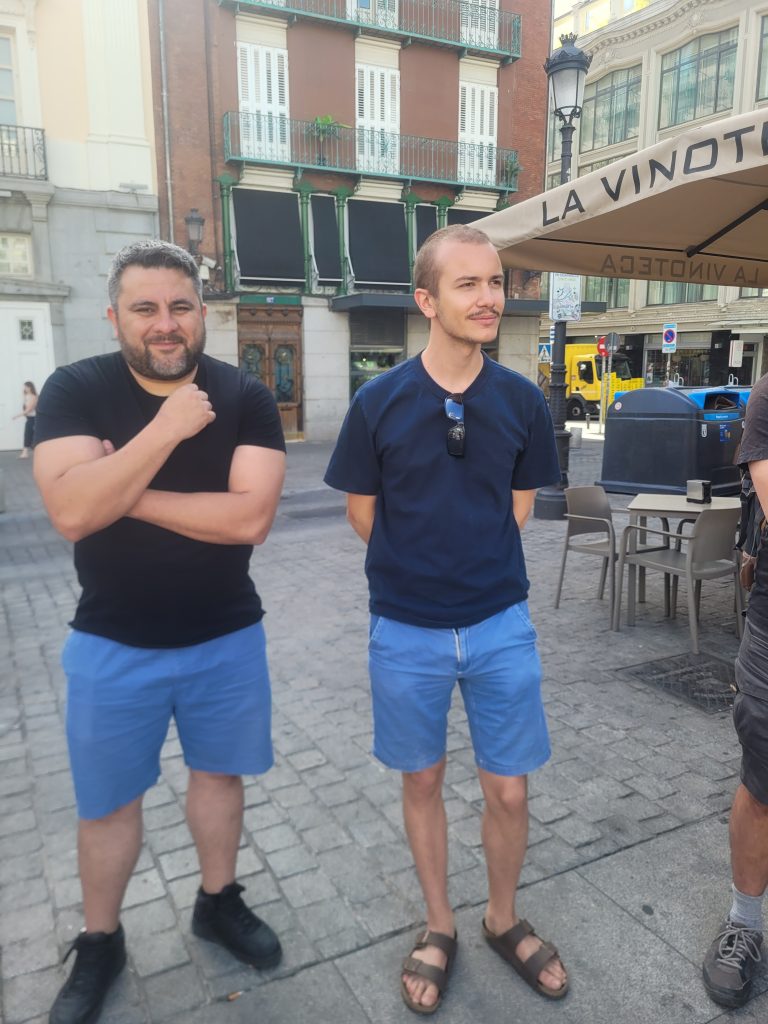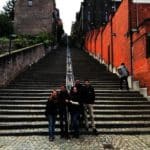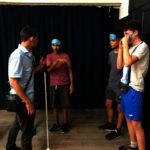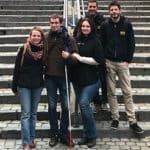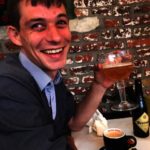Accueil de Mattia - De octobre à novembre 2024
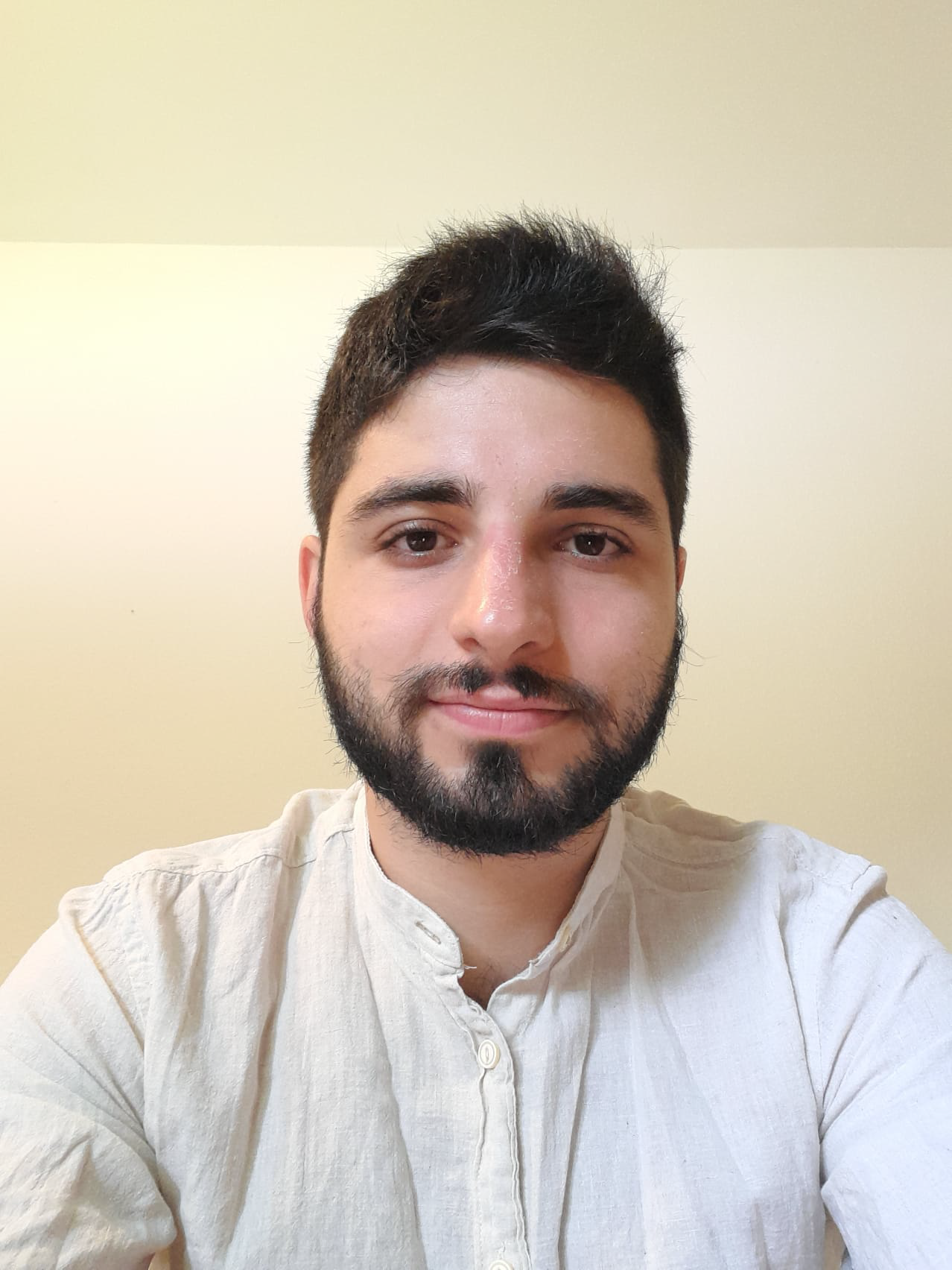
Accueil de Daniele - De février à septembre 2024
Envoi de Corto à Liège, Belgique - 2019
En tant que futur CICCE, Centre d’Initiatives Culturelles et Citoyennes, Samba Résille souhaite étoffer son panel d’outils de mobilités. À côté des projets développés dans le cadre du programme Erasmus+, l’association a investi le champ du SVE (Service Volontaire Européen). Dans le cadre de ce programme remplacé en 2019 par les CES (Corps Européen de Solidarité), l’association a participé en tant que structure d’envoi à la mobilité d’un jeune Toulousain, Corto BUSCAGLIA.
Corto, touché par une déficience visuelle, souhaitait entreprendre un SVE en Belgique à l’IRHOV (Institut Royal des Handicapés de la Vue et de l’Ouïe) lui permettant de développer des compétences en animation spécialisée et en informatique adaptée. L’IRHOV étant la structure d’accueil, Samba Résille a donc joué le rôle de structure d’envoi, tandis que l’organisation Views International coordonnait la mobilité.
Nous sommes donc partis à Liège effectuer une visite d’observation avec Corto afin de s’assurer que les conditions d’accueil allaient lui convenir et finaliser les démarches administratives. Corto a effectué un stage de huit mois en Belgique, qu’il a trouvé extrêmement enrichissant. Il a trouvé là-bas l’opportunité de poursuivre une formation pour devenir instituteur spécialisé et projette de s’y installer pour une longue durée.
Les bénéfices sont donc importants pour Corto, confirmant les témoignages selon lesquels les mobilités de longue durée (Erasmus+, SVE) ont souvent un impact majeur sur le projet de vie des personnes. Les bénéfices sont importants pour Samba Résille également, qui a scellé un partenariat de confiance avec Views International et l’IRHOV. Un nouveau projet de mobilité est en cours d’élaboration, cette fois-ci avec l’IJA (Institut des Jeunes Aveugles) de Toulouse. Il permettra à une équipe d’éducateurs et de jeunes d’effectuer un stage d’observation d’une semaine à l’IRHOV, prélude à de potentiels envois de plus longue durée.
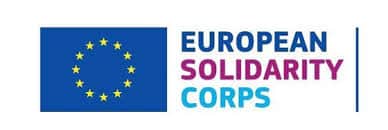

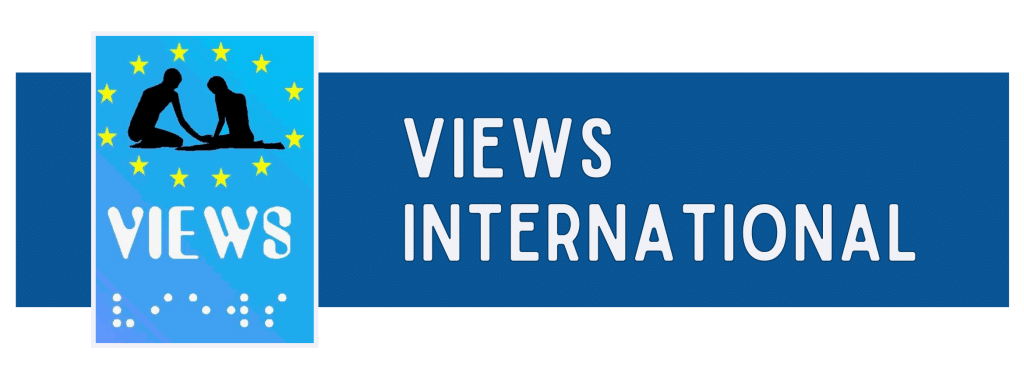
Testimonies
Hello everyone !
I am Corto BUSCAGLIA, a 29-year-old visually impaired Frenchman.
I have suffered from the condition Retinitis Pigmentosa, a genetic disease that causes a progressive loss of Vision, since the age of six. To date, although significant progress has been made in the field, no treatment is possible to cure the disease.
However, I attended a rehabilitation course for people with low vision in a specialized centre which allowed me to master the techniques of using the white cane, Braille, and adapted technology. It is thanks to learning these skills that I am able to live independently, that I have obtained a joint degree in history and geography and that I was able to complete a civic service in a small association working for the visually impaired.
It was my civic service experience which inspired me to apply to the European Voluntary Service programme in Belgium, and that is how I came to be working for the Royal Institute for the Hearing and Vision Impaired, a partner of VIEWS International, based in Liege.
My role in the school is to teach visually impaired or blind students Skills to overcome their visual impairment and help them become independent. I work with elementary students (aged 6 to 10) and students from secondary school (aged 14 to 21).
In general, I work one-to-one with students but sometimes I also work with groups, for example in my Monday morning Braille class I have five students. In this class students use the Perkins, a Braille typewriter, to learn and memorise Braille characters, and the more advanced students read Braille books to improve their accuracy and speed.
In individual sessions, we learn to correctly use the white cane, both indoors and outside, and sometimes under blindfold. They learn to safely climb and descend the stairs, how to follow a tactile path, how to sweep the cane correctly so as to protect themselves and how to imagine the space around them.
They also use adapted technology by memorizing the positions of the keys on a computer keyboard and using keyboard shortcuts to interact with web pages or different software.
All these skills require long, meticulous learning, but they are necessary for their social integration and their professional futures.
I also organize small cultural workshops that can include preparing together a regional dish from my native Toulouse or presenting to them a tactile map of France. This is possible thanks to my colleagues who bring me valuable help and advice.
I hope that these activities are enriching for them and their futures. As for me, I bring them my life experience and my experience of living with a visual impairment.
The students are truly fantastic; they are great listeners and work hard to overcome their difficulties. All they need is the means to succeed and the chance to achieve their dreams.
Accueil de 7 Anglais à Toulouse : European Youth Arts Engagement – Exploring and sharing best practice - 2017
Du 13 au 23 juillet 2017 / Toulouse, France
Our projects participant’s developed the skills and competences in arts engagement projects and practical festival coordination and management, building their capacities and capabilities to better implement future youth led arts engagement projects in their own national contexts. The partners within this application are producers of large-scale carnival/festival events within their own national contexts. These events recruited a wide range of volunteers who assisted in the planning, implementation and delivery of these key cultural activities. The project participants assisted in the development of professional festival events in France (Toulouse)
Number and profile of participants: 9 young people from UK in total, from backgrounds of less opportunity Some of our other participants dropped out prior to the ESC taking place. Our partner was not able to retain their ESC recruits some of whom found work or chose other commitments. they therefore did not have a outgoing ESC group participate in this project.
9 young people engaged in the project; 3 youth arts project workers; 1 performance projects presented within large-scale festival carnival event (Toulouse) Project visibility (through large-scale events) 100,000 people/audiences
Partner
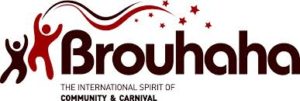
Organizational information: Brouhaha International (BI) is a registered Charity (no. 1017409) and non-governmental arts organization that delivers in local, national and international contexts. BI’s work covers youth arts engagement, international exchanges, meetings, trainings and capacity building initiatives for young people and workers at a national and international level. The organizations main aim is to support young people from disadvantaged backgrounds in their social, cultural, personal and professional development. BI receives financial support from Liverpool City Council, the Arts Council England, Erasmus+ programme (centralized and decentralized actions) and a wide range of trusts and foundations, for its international work and associated cultural activities. Their aims include: – delivering arts projects and cultural programmes that facilitate learning between young people from different social, cultural and economic backgrounds; – developing youth events and community celebrations that engage disadvantaged young people from across our city, region, the United Kingdom and beyond; – producing innovative global international work, creating high quality mobility experiences for communities and young people through exchanges, collaboration and meetings; – building capacity around issues of employability of young people; – contributing to the development of the youth sector through mobility, job shadowing, training and leadership initiatives.
Future activities will continue to embrace and celebrate a diverse range of work with a commitment to the realization of performing arts projects in public spaces, on the streets, in park, in community venues and site specific outdoor locations. BI strive to provide professional platforms and opportunities for artistic and cultural excellence and as BI move forward to create great art, without losing sight of our purpose, vision and core values.
ACTIVITIES : – Carnival Arts – Arts engagement projects – Festival and community events – International work – Capacity Building Projects
